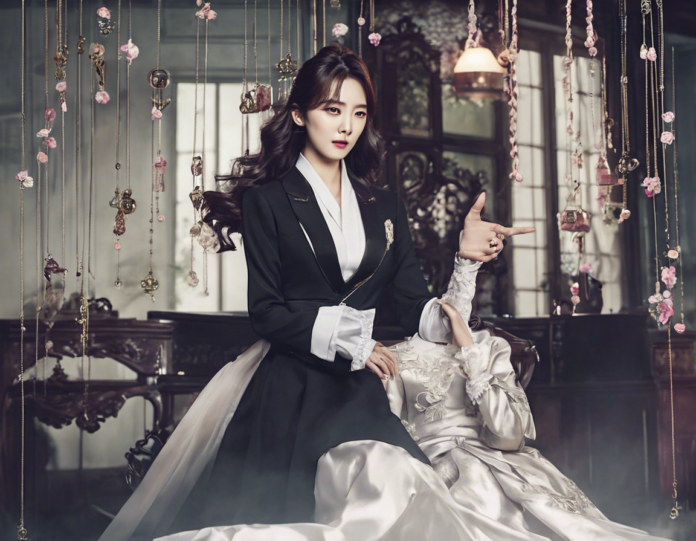When it comes to Korean dramas, there is no shortage of captivating storylines, complex characters, and unexpected plot twists. One particular trope that has gained popularity in recent years is the portrayal of the villainess as a marionette. This unique twist adds depth and layers to the narrative, offering viewers a fresh perspective on traditional villain roles.
The Rise of the Villainess Marionette
In many Kdramas, the villainess is often depicted as a one-dimensional character whose sole purpose is to create conflict and drive the protagonist’s storyline. However, the concept of the villainess as a marionette subverts this trope by exploring the motivations and vulnerabilities of these antagonistic characters.
Unraveling the Threads of Manipulation
At the core of the villainess marionette trope is the idea of manipulation. These characters are often portrayed as being controlled or influenced by external forces, whether it be societal expectations, family pressures, or personal insecurities. Just like a marionette on strings, they are pulled in different directions, forced to act in ways that may go against their true nature.
The Mask of Deception
Another key aspect of the villainess marionette trope is the notion of deception. These characters may hide behind a facade of confidence and strength, but beneath the surface, they are struggling with their own inner demons and conflicts. This dichotomy adds depth to their character and challenges viewers to question their initial perceptions of the villainess.
Deconstructing the Villainess Archetype
By portraying the villainess as a marionette, Kdramas delve into the intricacies of human nature and the complexities of morality. This trope blurs the lines between good and evil, inviting viewers to empathize with characters that they may have previously written off as irredeemable.
Redemption and Empowerment
One of the most compelling aspects of the villainess marionette trope is the potential for redemption and empowerment. As these characters confront their past actions and motivations, they are given the opportunity to grow, evolve, and ultimately break free from the confines of their puppet strings. This journey towards self-discovery and agency is not only satisfying to watch but also sends a powerful message about the transformative power of empathy and understanding.
Breaking Stereotypes
Furthermore, the villainess marionette trope challenges traditional gender stereotypes and expectations. By giving agency and complexity to female antagonists, Kdramas pave the way for more nuanced portrayals of women on screen. These characters are not simply villains but multifaceted individuals with their own hopes, fears, and desires.
FAQ: Frequently Asked Questions
- What are some popular Kdramas that feature the villainess marionette trope?
-
Some popular Kdramas that explore this trope include “The World of the Married,” “Sky Castle,” and “The Penthouse.”
-
How does the portrayal of villainess marionettes impact the overall storyline of a Kdrama?
-
By adding depth and complexity to the antagonist characters, the villainess marionette trope enriches the narrative and challenges viewers’ perceptions of right and wrong.
-
Are villainess marionettes always redeemed in the end?
-
While some villainess marionettes may find redemption by the conclusion of the drama, not all characters follow the same trajectory. The journey towards self-discovery and empowerment varies from one storyline to another.
-
What makes the villainess marionette trope so compelling to audiences?
-
The trope offers a fresh perspective on traditional villain roles, humanizing antagonistic characters and inviting viewers to empathize with their struggles and motivations.
-
Do Kdramas use the villainess marionette trope as a commentary on societal expectations?
- Yes, the portrayal of villainess marionettes often reflects larger societal issues, such as gender roles, class dynamics, and the pressures of conforming to societal norms.
In conclusion, the villainess marionette trope has become a compelling and thought-provoking element of modern Kdramas, challenging traditional storytelling conventions and pushing the boundaries of character development. By exploring the complexities of these antagonist characters and delving into their motivations and vulnerabilities, Kdramas offer audiences a fresh and engaging viewing experience that transcends simplistic notions of good and evil.

